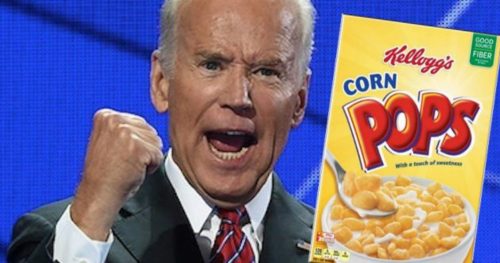Coronavirus – and COVID-19, the disease it causes – is obviously the elephant in the room for anything right now. Including blogging. As of today, we have 145 confirmed cases in Iowa. And they come predominantly from my own county – Johnson County, home of Iowa City.
That said, everyone’s fine in my household. And we aren’t seeing anything like New York or Seattle. I plan to continue writing and posting, and I’m working from home at my main job. Looking at the post schedule, I’ve got some upcoming stuff on: the film Black Panther, the transition from social democracy to socialism, and public housing.
How are all of you doing?



